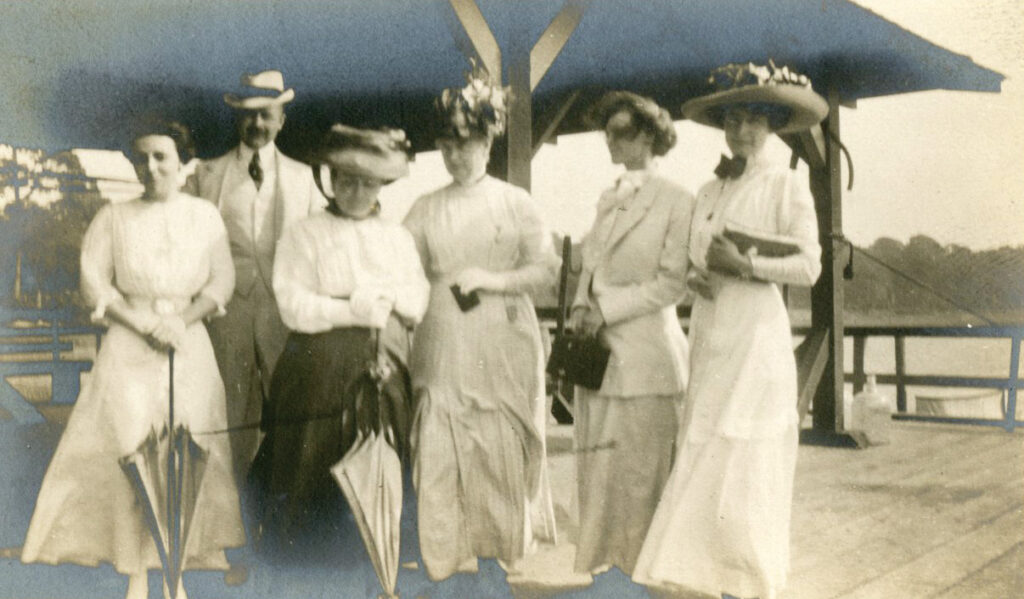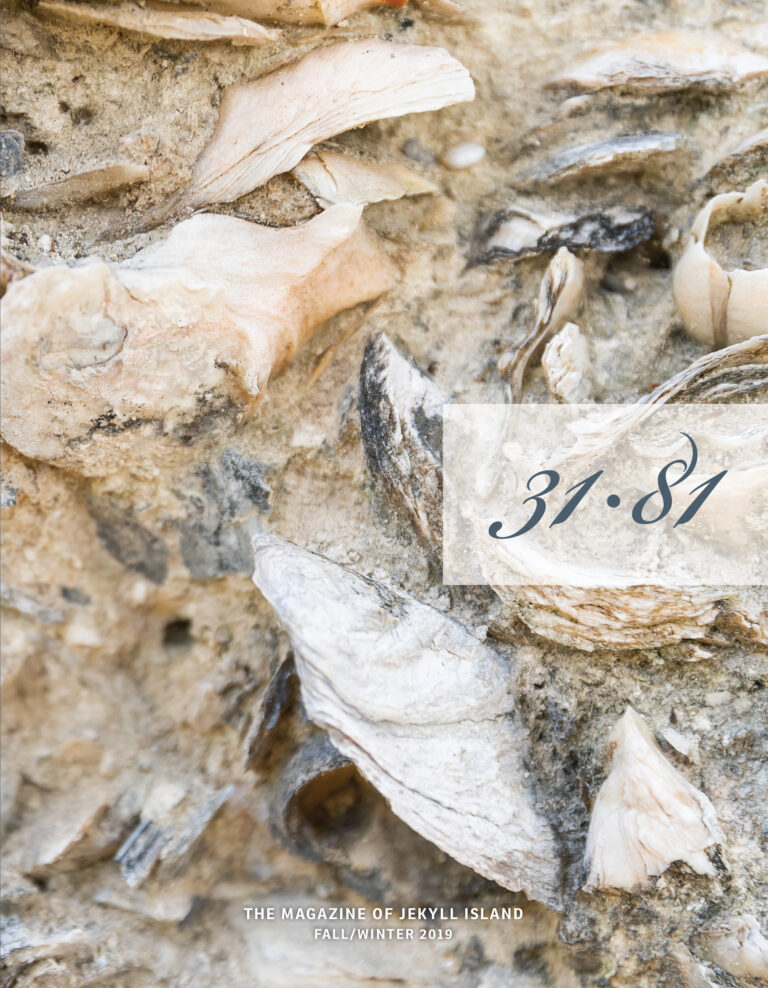By Jennifer Senator
Kate Papin was the first female member of the Jekyll Island Club
While the original Jekyll Island Club was plenty progressive for its time—women and children could join men in a number of island activities— when Kate Allerton Papin became the club’s first full-fledged female member, it made national headlines.
“Clubs and clubmen will be interested in the decision of the Jekyll Island Club to admit women to full membership, with all the club rights and privileges accorded to men,” said The New York Times of June 3, 1893.
“This was unique,” says Andrea Marroquin, Curator of the Jekyll Island Museum, “as many private clubs were exclusively for either men or women.”

Papin, a widow, inherited her membership from her father, Samuel Waters Allerton, a banker considered the third wealthiest man in Chicago. She was granted access to the island, accommodations at the Jekyll Island Club, hunting privileges (“Women were very involved in hunting,” says Marroquin) and was permitted to participate in activities such as golf, tennis, croquet, lawn bowling, and horseback riding.
But there were limits, says Marroquin.
“She expressed interest in buying into Sans Souci, the apartment complex built on the island in 1906,” Marroquin explains, “but the club objected because she was a widow. J.P. Morgan ended up with that apartment.
“When Papin married Hugo Richards Johnstone, she transferred her membership to him. After Johnstone died in 1907, she retained her membership.
Over the nearly five decades beginning with Papin’s admittance into the Club, 31 women became full members and, as a result, the club’s priorities expanded. The women, involved in philanthropic efforts in their home cities, were very interested in the social welfare of the area. “That was new for the club,” says Marroquin.
The women introduced balls and galas. They helped establish a school for children of club staff, spearheaded the opening of a hospital in Brunswick, and were involved with the chapel and other projects. The ladies also made time for less serious activities, too.
“They created a society of spoon and egg races on bicycles, known as the Ladies Rough Riding Obstacle Bicycle Society,” Marroquin says with a laugh. “The club had so much to offer, and they got a chance to enjoy it every bit as much as the men.”


